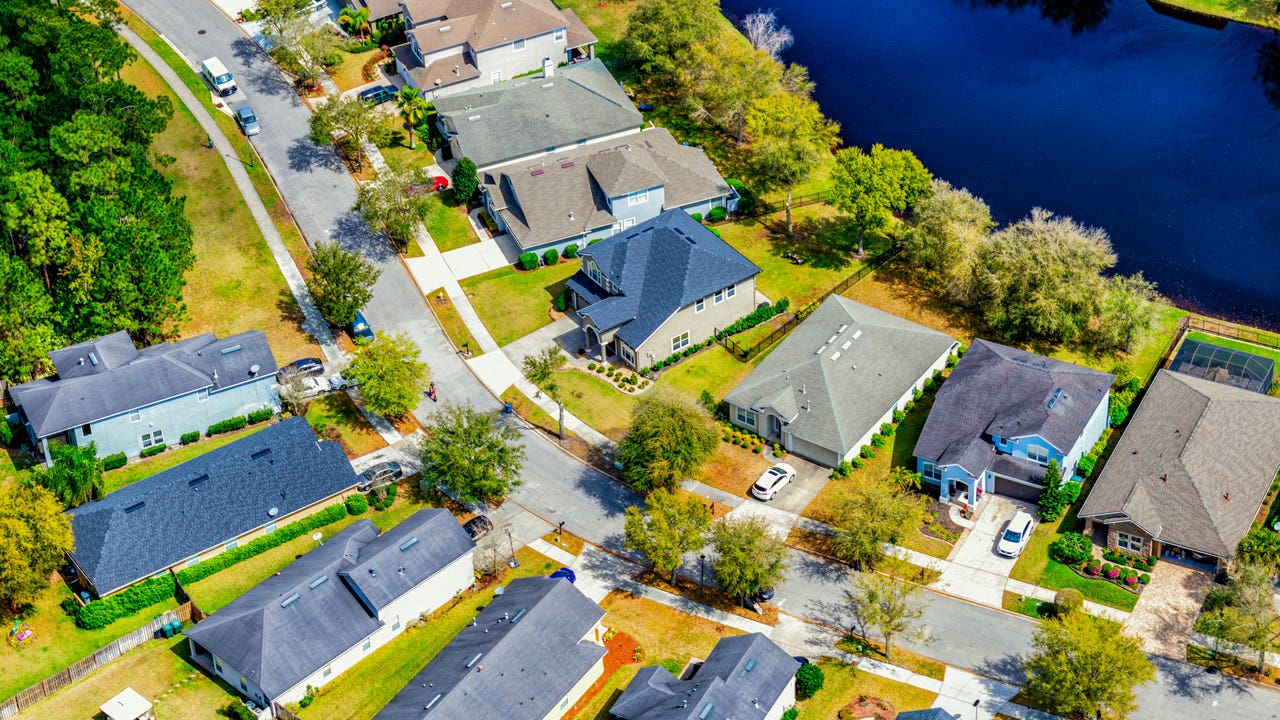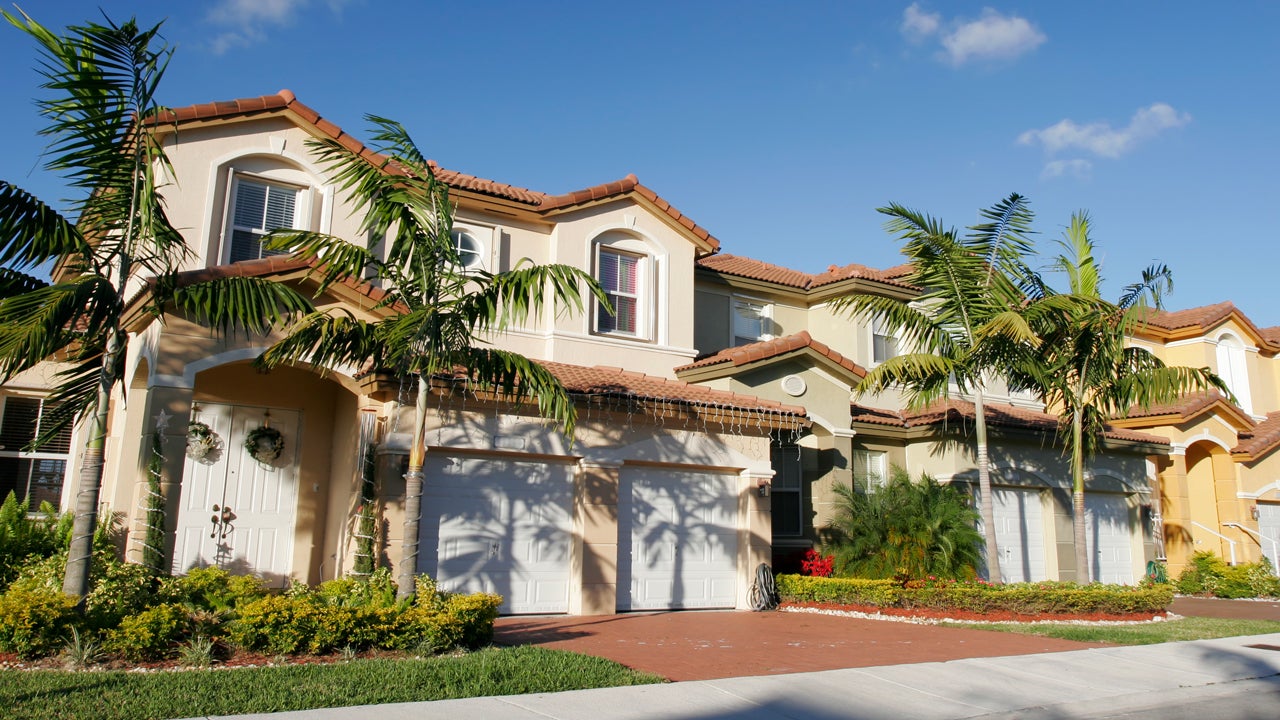Will Florida’s home insurance reform bill be enough to revive a collapsing market?

Between May 23 and May 27, Florida’s legislature held a special session to address the state’s worsening home insurance market. While the situation is dire, lawmakers seem confident that the resulting bill will help stabilize the crisis, albeit slowly. Bankrate’s insurance editorial team followed the news to help Florida homeowners understand how the changes could affect their home insurance.
Florida home insurance reform
The crisis in Florida’s home insurance market is complex, but the main culprit behind the chaos are rampant litigation costs. In fact, Florida accounts for only 9 percent of the nation’s home insurance claims but 79 percent of the country’s home insurance lawsuits. These lawsuits, many of them fraudulent, make it much more expensive for home insurance companies in Florida to stay in business. Complicating matters is that Florida has always been — and likely will always be — a risky state for home insurance companies when it comes to weather. With a stronger-than-average hurricane season predicted and the home insurance market rapidly disintegrating, Florida’s lawmakers moved to implement legislation to calm the chaos.
Senate Bill 2D
Florida Governor Ron DeSantis signed Senate Bill 2D into law on May 26. The bill includes provisions to provide financial relief for struggling insurance companies, measures to help Florida homeowners make their homes more storm-resistant and solutions for the roofing scam lawsuits plaguing the state.
The specific aspects of the bill are as follows:
- $2 billion was allocated to a reinsurance fund. Reinsurance can help home insurance companies share risk, which lessens the likelihood that any one company will become insolvent.
- $150 million was allocated to the My Safe Florida Home Program. This money will be used in the form of grants that Florida homeowners can use to strengthen their homes against hurricane damage. Generally, the lower the likelihood of damage to your home, the lower your home insurance rates.
- Home insurance companies will be required to provide more transparency into the claims denial process, meaning that consumers will have access to more in-depth explanations for total or partial claim denials.
- Home insurance companies will be prohibited from denying policies solely due to the age of a home’s roof, but only if the roof is fewer than 15 years old and has five years of life left. Homes with older roofs may still be denied coverage.
- Attorneys will be limited in the rates they can collect in property insurance claims cases, which could help decrease the litigation costs that are crippling some insurance companies.
Governor Ron DeSantis says that
This package represents the most significant reforms to Florida’s homeowners insurance market in a generation. These bills will help stabilize a problematic market, help Floridians harden their homes through the My Safe Florida Home Program, and pave the way for more choices for homeowners.
However, the law is already facing challenges. The Restoration Association of Florida and Air Quality Assessors, LLC has filed a lawsuit against the measure noting that the actions taken to limit attorney fees could limit or prevent contractors from pursuing legal action for some unpaid invoices.
What to expect next
Florida’s Chief Financial Officer Jimmy Patronis noted that he is “grateful that Governor DeSantis called lawmakers to convene this week to pass legislation that will help rein in insurance rates, provide premium savings to Floridians, and aid in hardening homes against storms.”
However, although Patronis focuses on lowering home insurance costs in his statement, these legislative actions are not likely to lower costs immediately, although the grants available for hurricane mitigation measures could lower individual policies depending on the improvements each homeowner makes. This reform bill is aimed at the long-term health of the home insurance market, and its effects could take time to ripple through the industry. In the short term, Florida homeowners are still likely to face increasing home insurance costs and difficulty finding coverage.
Why we ask for feedback Your feedback helps us improve our content and services. It takes less than a minute to complete.
Your responses are anonymous and will only be used for improving our website.




